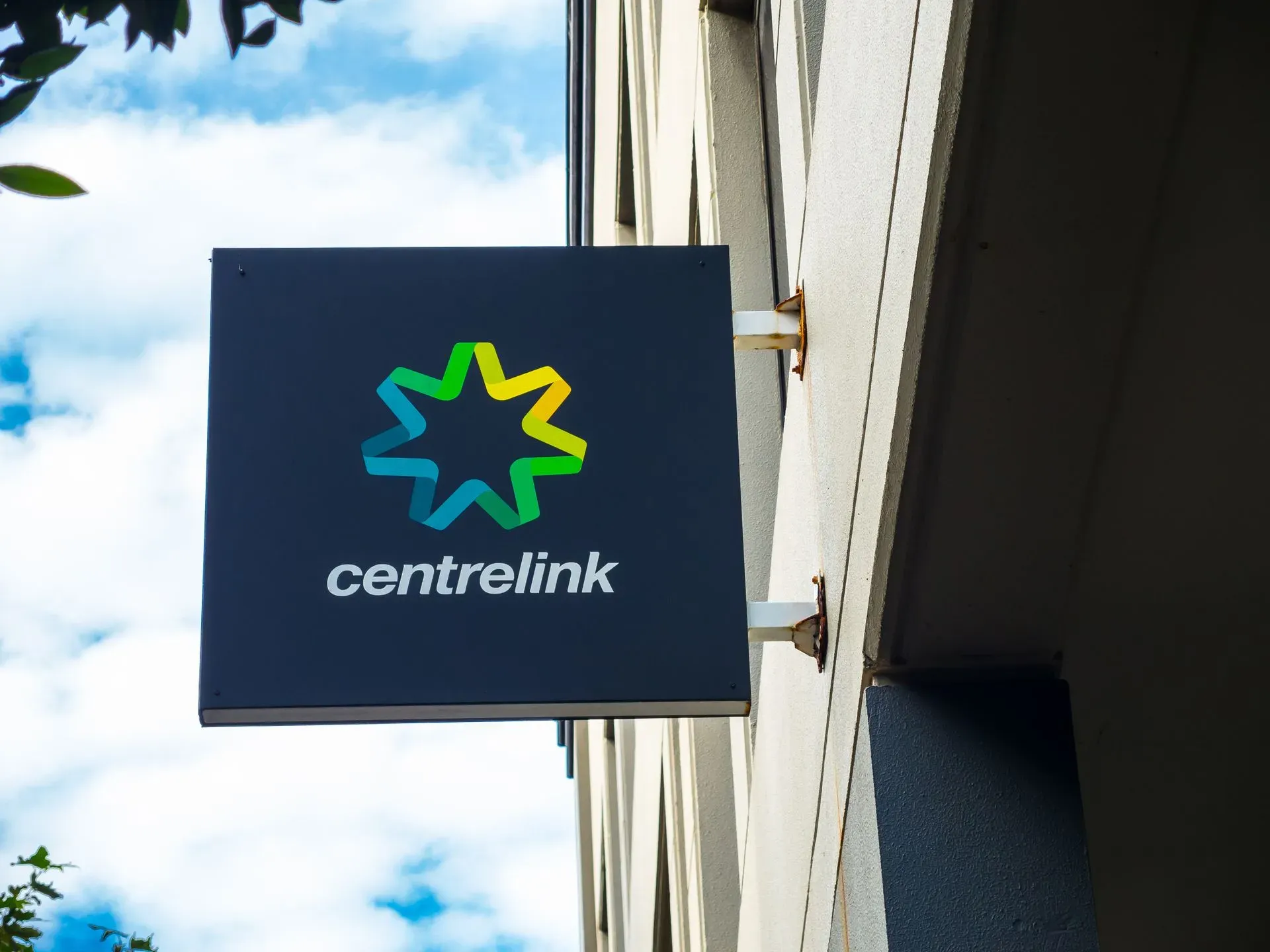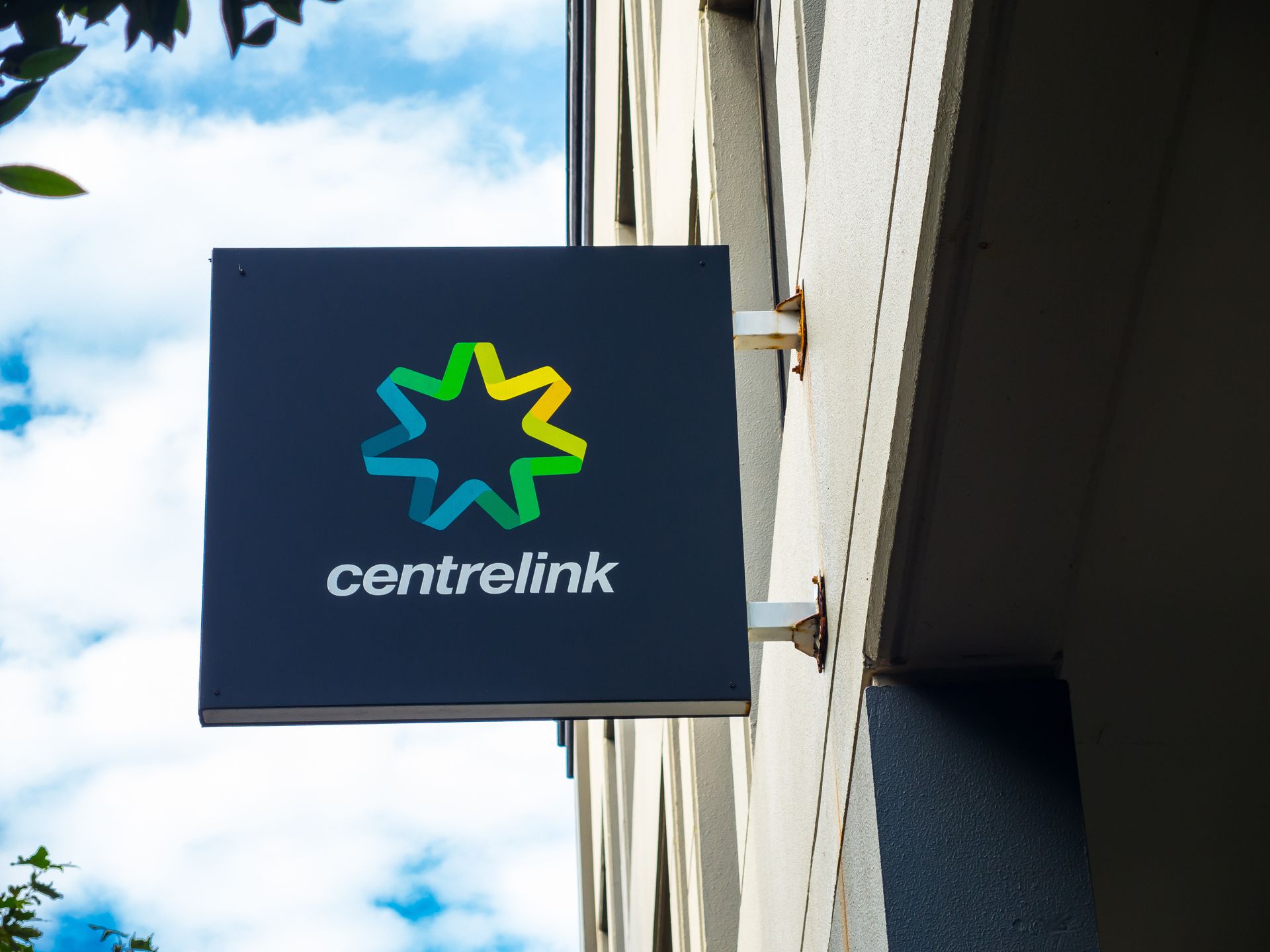Centrelink fraud is a growing problem in Australia that results in millions of dollars being lost due to fraudulent claims and activities each year. With several Centrelink cheats actively exploiting the system, it's crucial to understand your rights in order to protect yourself from potential fraud charges.
If you're someone accused of Centrelink fraud, there are certain steps that you can take to avoid imprisonment. Before you attend interviews, make sure to get legal advice from reliable fraud lawyers to understand your rights and obligations for any Centrelink-related matters.
In this blog, we'll help you gain a better insight of what constitutes a Centrelink fraud as well as what to expect during the investigation process, the duration of the investigation, and the available sentencing options for criminal offenders.

What is Centrelink Fraud?
Centrelink Fraud, commonly referred to as welfare fraud or social security fraud, occurs when an individual, business, or organisation uses Centrelink to deceitfully acquire social benefits that they are not qualified for. Such fraudulent activities may involve making false claims or deliberately providing misleading information to wrongfully obtain payments or services from Centrelink service.
Under the Commonwealth Law, Centrelink fraud offences are serious and severe, often ranking among the most commonly prosecuted offences. A prevalent accusation targeted at individuals involved in Centrelink fraud is illicitly obtaining a financial advantage by deceiving a Commonwealth entity. In certain cases, a person who is guilty of committing Centrelink fraud offences is subject to a maximum penalty of imprisonment.
Common Examples of Centrelink Fraud
Centrelink fraud which involves false claiming of Centrelink benefits is considered an indictable offence and is taken seriously in the higher courts. Hence, individuals charged with Centrelink fraud could face prosecution, Centrelink fraud penalties, a criminal record, or in the worst cases, a maximum penalty of imprisonment.
Some common examples of Centrelink fraud include:
- Receiving Centrelink benefits or claiming Centrelink payments that are allotted for low-income individuals
- Making false statements such as overstating a medical condition
- Presenting and submitting forged documents
- Receiving financial advantages such as Centrelink Overpayments by not declaring income from work, investments, or other avenues
- Applying for Centrelink benefits under multiple identities
- Receiving Single-Person Benefits While in a De Facto Relationship
- Failing to inform about leaving Australia while still on welfare benefits, whether for travel or relocation
- Receiving Centrelink benefits and financial advantage for an individual who has either passed away or is no longer under one's care
- Other instances that may result in a Centrelink debt
How To Report Centrelink Fraud
Any fraudulent activities concerning Centrelink, Medicare, the Pharmaceutical Benefits Schedule, child support payments, and other Commonwealth benefits can be reported on the website of Services Australia .
Knowing that all fraud allegations are treated seriously, specific information is needed to handle each case appropriately. Hence, the investigation process can be looked at more competently if supporting documents are provided early on.
What to Report
When reporting a Centrelink fraud, the person who reports will be requested to share the following details:
- Name, date of birth, address, and contact details of the person involved
- Specific details about the fraudulent activity including how, when, and where it occurred
- Means of acquiring the information
- Your contact details but it is entirely optional to remain anonymous
Investigation Process for Centrelink Fraud
If you have been suspected of obtaining a financial advantage that you are not entitled to, Centrelink will initiate an investigation in the following ways:
Initial Assessment
The specialist officers will first assess the fraud allegation before taking any further action. During the initial assessment, the Centrelink officers or investigators will meticulously examine the accessible information, identifying any possible red flags or suspicious activities that involve the person under investigation.

Once the investigation starts, they will have the authority to request your financial information from your bank. You may even be invited for a formal interview or be visited at your house for a thorough examination of potential overpayments.
Red Flags and Suspicious Activities
Centrelink investigators will diligently search for any red flags or suspicious transactions that might indicate potential fraudulent activities. Some common red flags that investigators may look out for include:
- providing inconsistent information
- unusual behaviour or spending patterns
- suspicious activities from a third party or external entities
- false identities or undisclosed income

Aside from these red flags, investigators may also look into areas of concern during the initial assessment phase. Some of these areas may include:
- discrepancies in employment records or lease agreements
- indicators of unexplained wealth or possessions
- reports of suspicious behaviour from neighbours or family members
Gathering of Evidence
Normally, the investigation process can vary in duration, ranging from weeks to months. After the initial assessment is done, investigators will now gather evidence by reviewing all relevant documents, bank statements, work history, or lease agreements that the individual is associated with.
Routine Data Matching
Centrelink may also include routine data matching with the Australian taxation office and other organisations as well as reviewing your public information on social media platforms like Facebook, Instagram, eBay, etc.
Determining Fraud and Next Steps
At this point, the investigators should be able to determine whether fraud has taken place to determine the appropriate course of action. This may involve requiring the repayment of benefits, imposing fines, or initiating legal proceedings.
Referral to the Commonwealth Director of Public Prosecutions (CDPP)
If after investigating for a specific time frame and you are still under suspicion of committing the offence, you will be referred to the Commonwealth Director of Public Prosecutions (CDPP) who can file criminal charges.
The Commonwealth Director of Public Prosecutions (CDPP) is an independent entity that works separately from Centrelink. It is not only responsible for deciding whether criminal charges will be filed but it also oversees the investigation and prosecution of fraudulent activity that occurs within Centrelink.
Do police investigate Centrelink fraud?
Centrelink Business Integrity Division is the department of Centrelink that is assigned to investigate cases of Centrelink fraud in Australia. To guarantee that the investigation adheres to the institution's prescribed standards, Centrelink has introduced a framework known as the Fraud Investigation Model (FIM).

How far back can Centrelink investigate fraud?
Centrelink has the authority to conduct investigations for as long as they need to look into past matters extensively. Furthermore, they can pursue legal actions if they deem it warranted, without being constrained by any statute of limitations. Such legal proceedings typically take the form of commonwealth criminal charges. Common factors that can affect how long the investigation can last include:
Complexity of the Case
The more complex the case is, the more it may take longer to solve. These types of cases usually involve multiple individuals or a substantial amount of evidence. Additionally, addressing legal or procedural issues during the investigation process may also contribute to a longer timeframe.
Level of Assistance Provided
If the resources or assistance level provided is limited, investigators might have a hard time finding the information they need, particularly if they are working on multiple cases. At the same time, this scarcity of resources can significantly cause delays in the entire investigation. As a result, the case might take longer than the initial timeline provided.
Willingness to Cooperate
The individual's willingness to cooperate is essential in determining the duration of the whole investigation. If the person under investigation is uncooperative, the process will surely take on longer. Generally, Centrelink fraud cases may last for several months to a few years. But if the individual will provide the relevant details promptly, this can be shortened significantly.
Consequences of Being Reported to Centrelink
If someone reports you and Centrelink believes that you have been receiving unentitled Centrelink payments, they will conduct investigations and request information from individuals or organisations in this regard.
Social Media Investigation
Centrelink may investigate you using the information you have shared publicly in your social media accounts. For instance, if you have been suspected of receiving payments as a single individual despite being in a relationship, Centrelink may try to access further information about you through social media platforms like Facebook and Instagram.
Formal Interview
Centrelink may invite you to attend an interview or a meeting if the information you provided regarding your income, family situation, bank account records, tax returns, or other data does not match your actual bank account details.
It is important to note, however, that attendance at this meeting is optional, and you will not face penalties if you choose not to go. If you attend the meeting, anything you disclose will be filed and used to look into your case further.
If you have been alleged of receiving a Centrelink payment, a Centrelink officer may ask you to:
- assess your eligibility for Centrelink payments
- examine incorrect payments or overpayments
- investigate potential fraudulent activities
Some of the things that a Centrelink officer may ask you about include:
- whether you or your partner are employed or are receiving any form of income
- arrangement for the care and supervision of your children
- your relationship status (a member or a couple)
If you choose to respond, your answers may be used as evidence to establish that:
- you are not eligible for a Centrelink payment
- Overpayment has occurred
- you have committed a criminal offence
Nonetheless, if a Centrelink officer starts questioning you, you have the right to:
- get legal representation before deciding whether to respond to queries
- request them to provide the questions in written form or send them to you in a formal notice so you can seek legal advice and decide whether you wish to respond.
- have a companion present during the questioning, including an interpreter if necessary.
- receive a brochure outlining your rights, which should include the name and contact number of the Centrelink officer.
Home Visits
While it does not happen commonly, Centrelink may also conduct unexpected home visits. They can interrogate you informally or ask you to attend a formal interview. In such circumstances, you:
- are not obligated to allow them entry unless accompanied by a police officer with a warrant
- can ask them to schedule a more convenient time to answer their questions
Data Matching
Centrelink may work with the Australian taxation office or other organisations to check if their records match the information you have provided. They can also request more details about your financial records, transactions, or any other details that pertain to your Centrelink entitlements.
Pleading guilty to Centrelink fraud
If you are guilty of a social security fraud and you decided that you want to plead guilty to the crime, getting an expert criminal lawyer is essential so you can prepare and get the best outcome for your case. If the overpayment constitutes a substantial sum, you should be able to devise a strategy that, if possible, avoids imprisonment and takes into consideration both the nature of the offence and your personal circumstances.
Penalties and Sentences for Centrelink Fraud
Given the severity of Centrelink fraud charges, penalties can range from 12 months to 10 years imprisonment.
Defrauding Centrelink or social security fraud is considered a criminal offence that involves unlawfully obtaining a financial advantage by deception. Since this type of fraud is seen as an offence by the national government, Centrelink fraud charges will be laid by the Commonwealth Director of Public Prosecutions (CDPP) using the Criminal Code Act 1995.
This indicates that Centrelink fraud cases are prosecuted at a federal level, rather than by individual state prosecutors. Depending on your case, you may face charges under either:
- Section 135.2 - obtaining a financial advantage or
- Section 134.2 - obtaining a financial advantage by deception
Takeaway
As one of the largest public organisations in Australia, Centrelink plays a central role in delivering social security payments and services to Australians. Unfortunately, some individuals fraudulently claim benefits they're not entitled to, leading the Australian Government to impose maximum penalties for Centrelink fraud.
Having been accused or charged with Centrelink fraud not only grants the individual with significant fines and a criminal record but also imposes the person with a jail sentence. If you are facing accusations or charges, it’s crucial to consult an experienced defence lawyer in Canberra to secure the best possible outcome for your case.
At Andrew Byrnes Law Group, you won't have to face your Centrelink fraud charges alone. We are qualified specialist criminal lawyers in Canberra who are dedicated to offering you with the right legal defence to safeguard your rights and interests throughout the proceedings. Contact Andrew Byrnes Law Group today for the best legal advice and guidance as you go through your Centrelink fraud case.
'
Date:
May 25, 2025
Author:
Francisca Wong
/
Associate





















.jpg)
.jpg)
.jpg)
.jpg)
